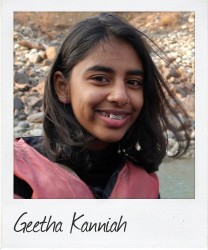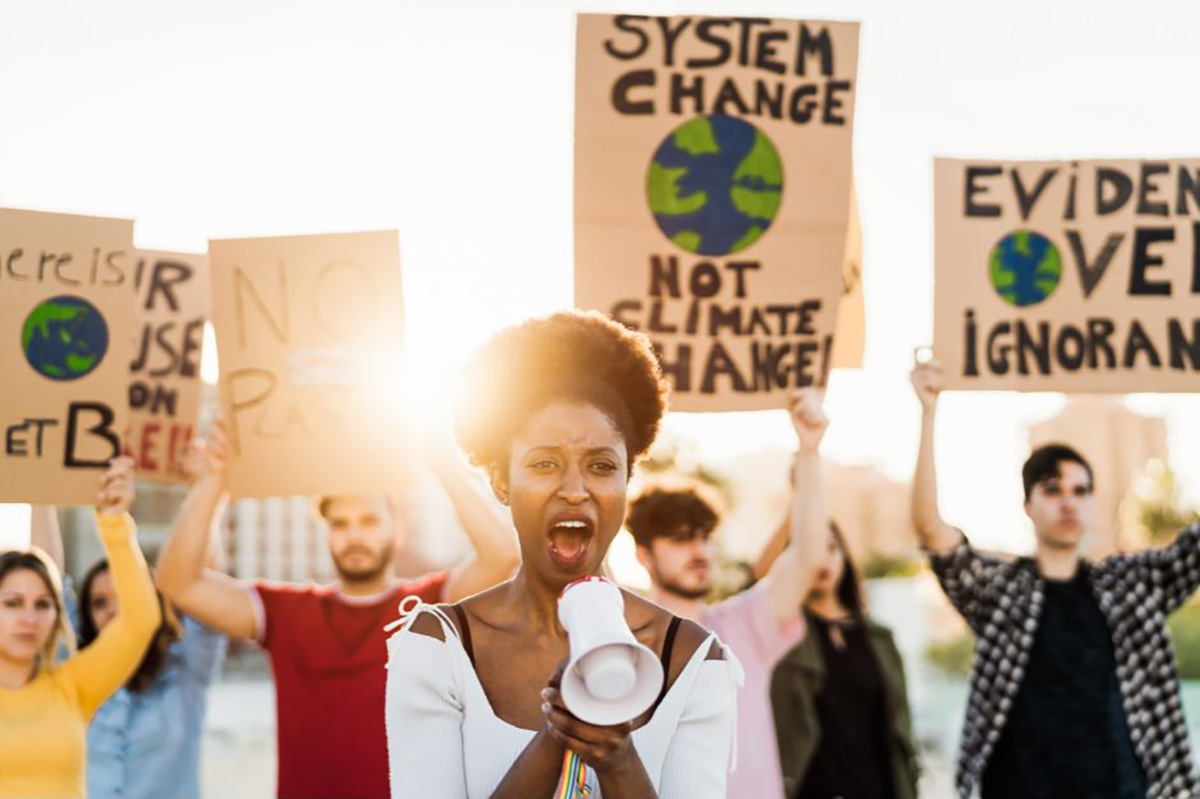“Looking for green progress at COP21”
August 8th, 2015 Limiting global warming is the focus of the upcoming Paris Climate Conference, writes Geetha Kanniah, 19, a Commonwealth Correspondent from Malaysia, who argues the real work will start once the agreement is reached.
Limiting global warming is the focus of the upcoming Paris Climate Conference, writes Geetha Kanniah, 19, a Commonwealth Correspondent from Malaysia, who argues the real work will start once the agreement is reached.
With the highly anticipated COP21 rapidly approaching, organisations are promoting renewable energy as fast as they can, hoping to accomplish more in the upcoming conference than was achieved in the earlier disappointing Kyoto Protocol, implemented in early 2005.
The main difference between the two conferences is that now there is more scientific consensus at play. With ground breaking research being constantly published, it is expected that science rather than the biased geopolitical agendas will now dominate the floor, and for good reason win over the skeptics. A level playing field is what we have next year in the United Nations as NGO’s are no longer standing down. Facing strong against the big players (who are supported by financial institutions), these smaller establishments are being sponsored by global leaders such as the United Nations, World Bank and major universities.
While companies and researchers are spending time building their case, the youth is learning fast about its role in the transition from polluting energy sources to the more current renewable and clean sources of energy. Given that they are still fresh to the scene, their stand can go either way at this point, and it will take years to form a concrete opinion. It is therefore going to be very interesting to see the thoughts formed by the new kin and how they will play the game – whether diplomatically or non-symmetrically.
What will the leading countries do when it is time to make an agreement? We can’t conclusively say yet. But what we do know for sure is that countries like America and Australia need to take a stronger stand in the conference. As one of the top consumers of fossil fuels, America must have the vital component of the less conservative method while still maintaining its economic priorities. In 2014, the United States, as with China, Russia, India, Japan, Brazil, Germany and Indonesia accounted for 67 per cent of global carbon emissions. This, however, does not mean that other countries can therefore be impartial toward the problem. Australia for instance, has lots of sunshine year round and abundant knowledge resources that should encourage it to gravitate towards more widespread use of solar energy. Yet its dependency on coal is overwhelming.
What does all of this mean to me, coming from Malaysia?
As I see it, I would want to live in a smoke-free environment. Every year, we are choaked with dangerous levels of ash from the burning of forests in Indonesia, often misinterpreted and described by authorities in a single, wrong, and milder term – ‘haze’ – thus reducing its critical implication.
Neither do I want to lose the forests through the felling of trees, nor do I want to see poaching of animals for rich clients around the world. I recently joined a field research professor from Oxford University to install cameras to capture images of the clouded leopard, thought to be in existence in the virgin forests in Pahang, Malaysia. I am blessed to see the result of our work in the form of captured images of the clouded leopard, panthers, barking deer, and sun bear – all of which I never knew existed in Malaysia.
I want to be part of a larger institution, promoting cleaner energy by bringing in the hardware and software required for the many identified forms of renewable energy.
To mitigate global problems – problems that come under the large umbrella of the hackneyed phrase ‘global warming’ often used by the press and politicians – a working agreement must be attained. In order to lead nations that transcend boundaries, global leaders must dissect the problem in a deft and erudite manner. Only then will COP21 reach a climax that will have a positive distinction from the Kyoto Protocol.
When the conference convenes and concludes, the commitment of the people will determine the directions after the exhortations. Thus, as cliched as it may sound, it must be said that the work is far from over. Real work has only just begun!
photo credit: making something via photopin (license)
…………………………………………………………………………………………………………………
About me:
I am a Malaysian who looks for adventure and thrill, and is passionate about sports. I enjoy tennis, swimming, badminton and most recently, longboarding. I also spend a lot of my time with my camera, capturing as much as I can, while documenting them on my blog: journeywithacamera.wordpress.com.
My travels give me the exposure to learn about the world. And to know and do more, I volunteer with different organizations, particularly in the marine field. My ambition is to be an explorer and to reach out to people.
…………………………………………………………………………………………………………………
Opinions expressed in this article are those of the author and do not necessarily represent the views of the Commonwealth Youth Programme. Articles are published in a spirit of dialogue, respect and understanding. If you disagree, why not submit a response?
To learn more about becoming a Commonwealth Correspondent please visit: http://www.yourcommonwealth.org/submit-articles/commonwealthcorrespondents/
…………………………………………………………………………………………………………………




